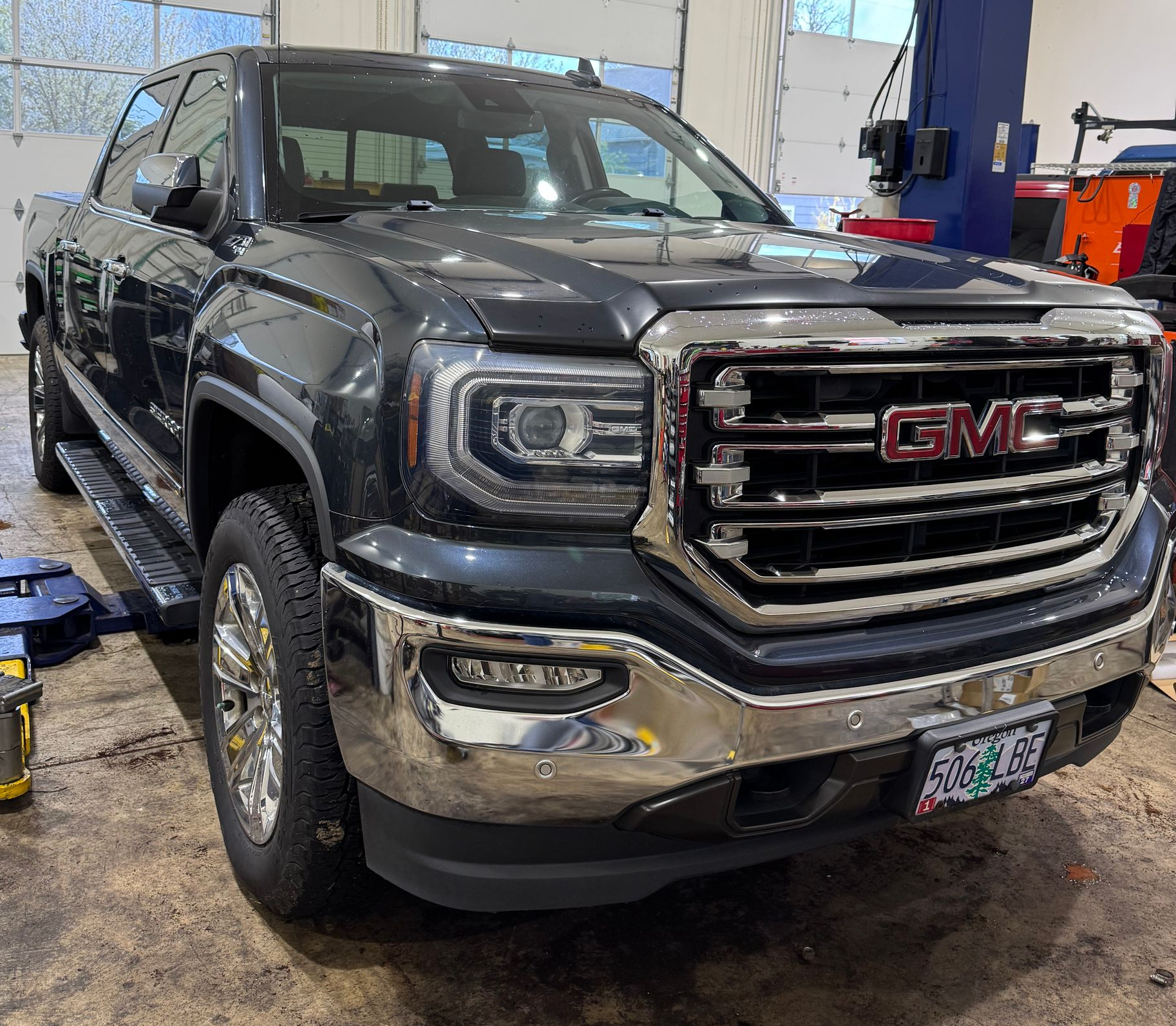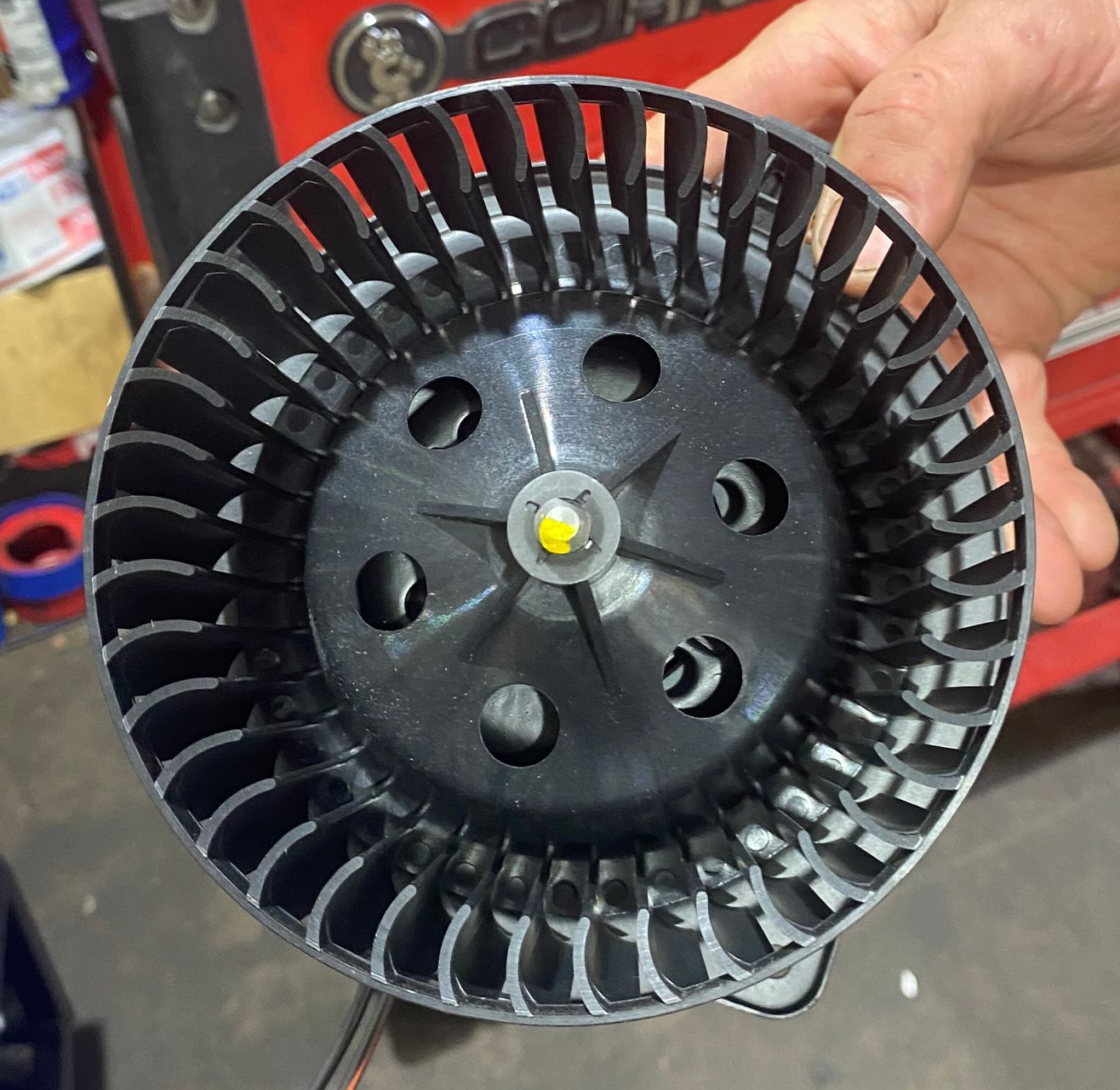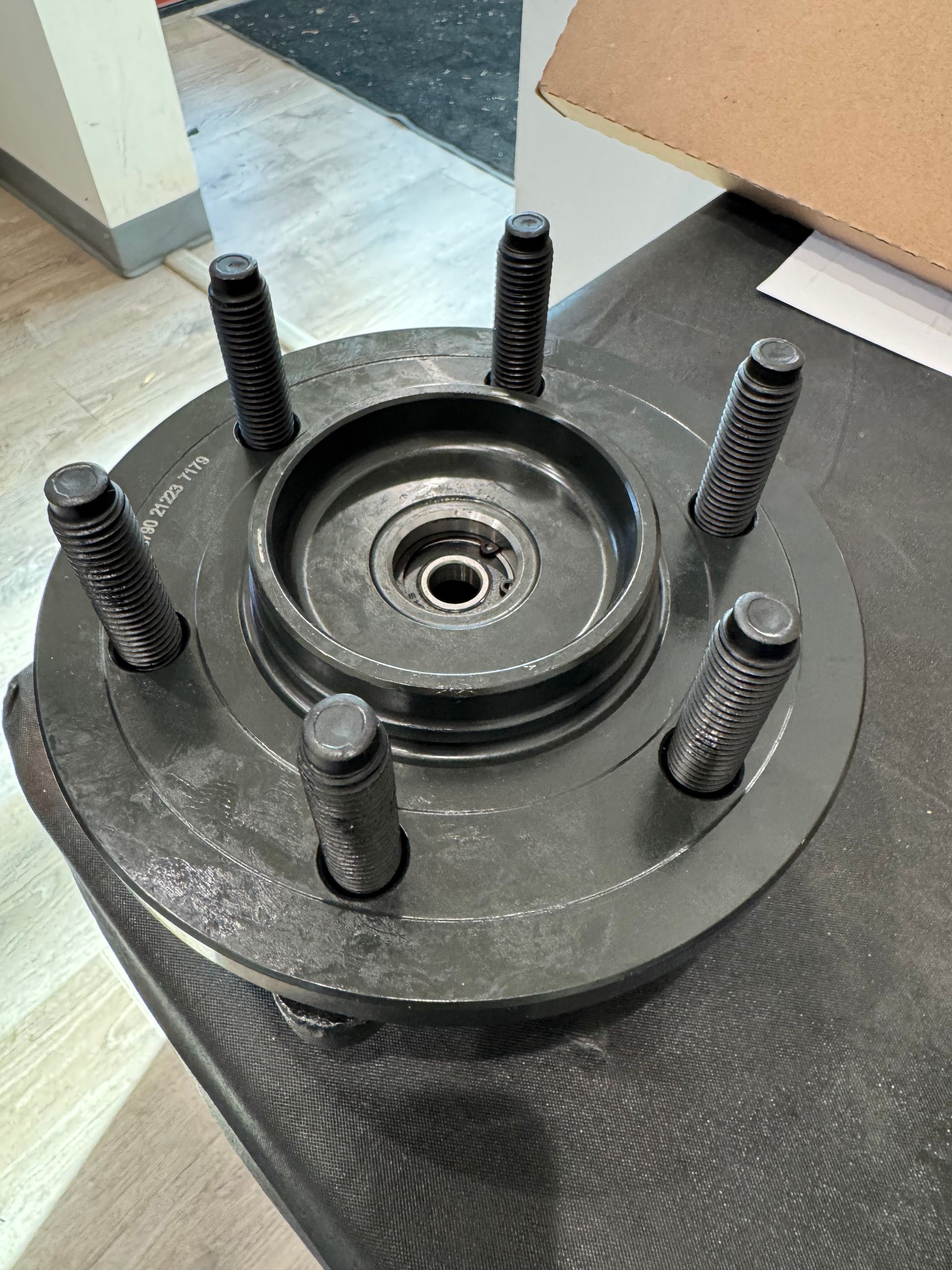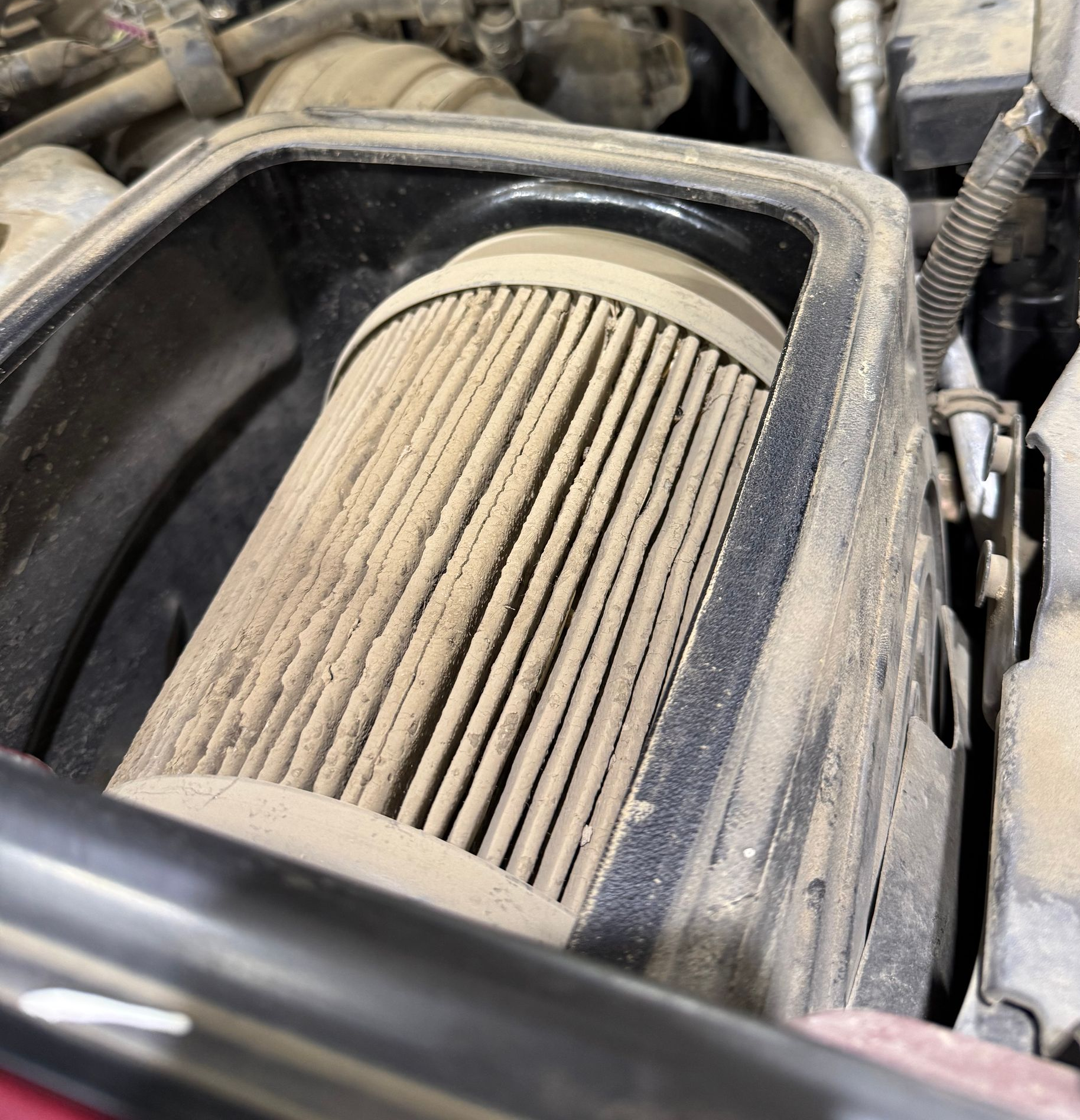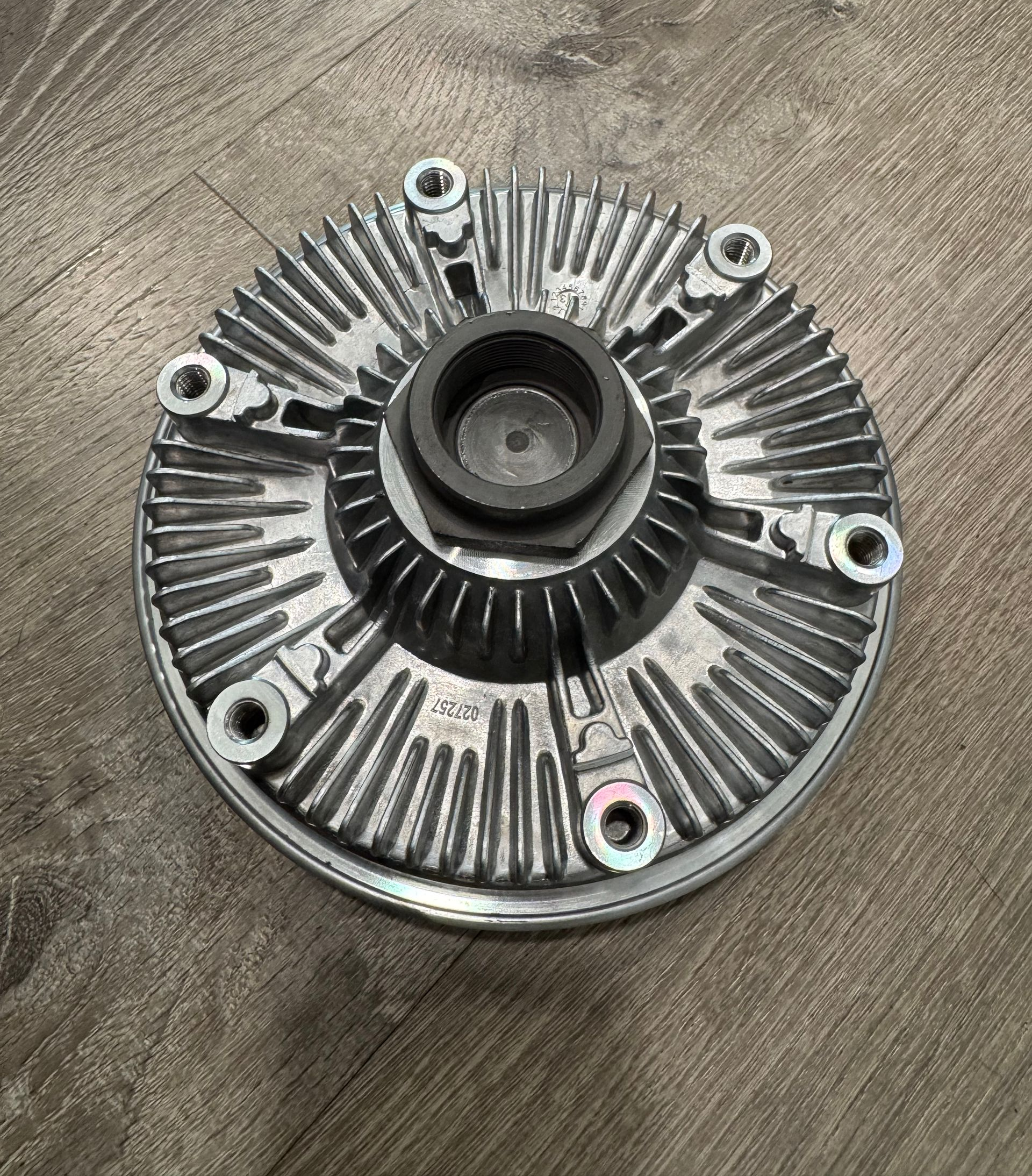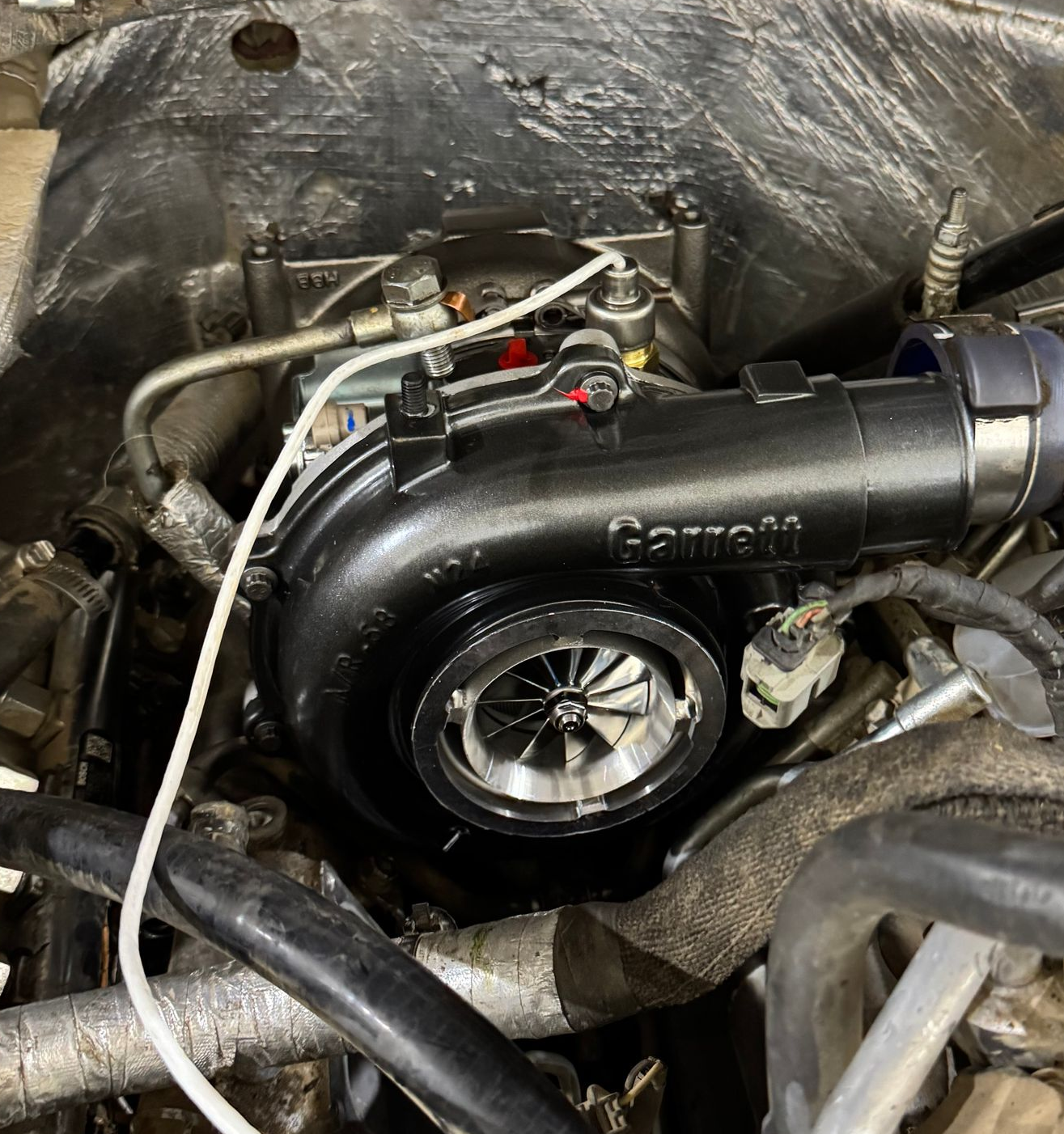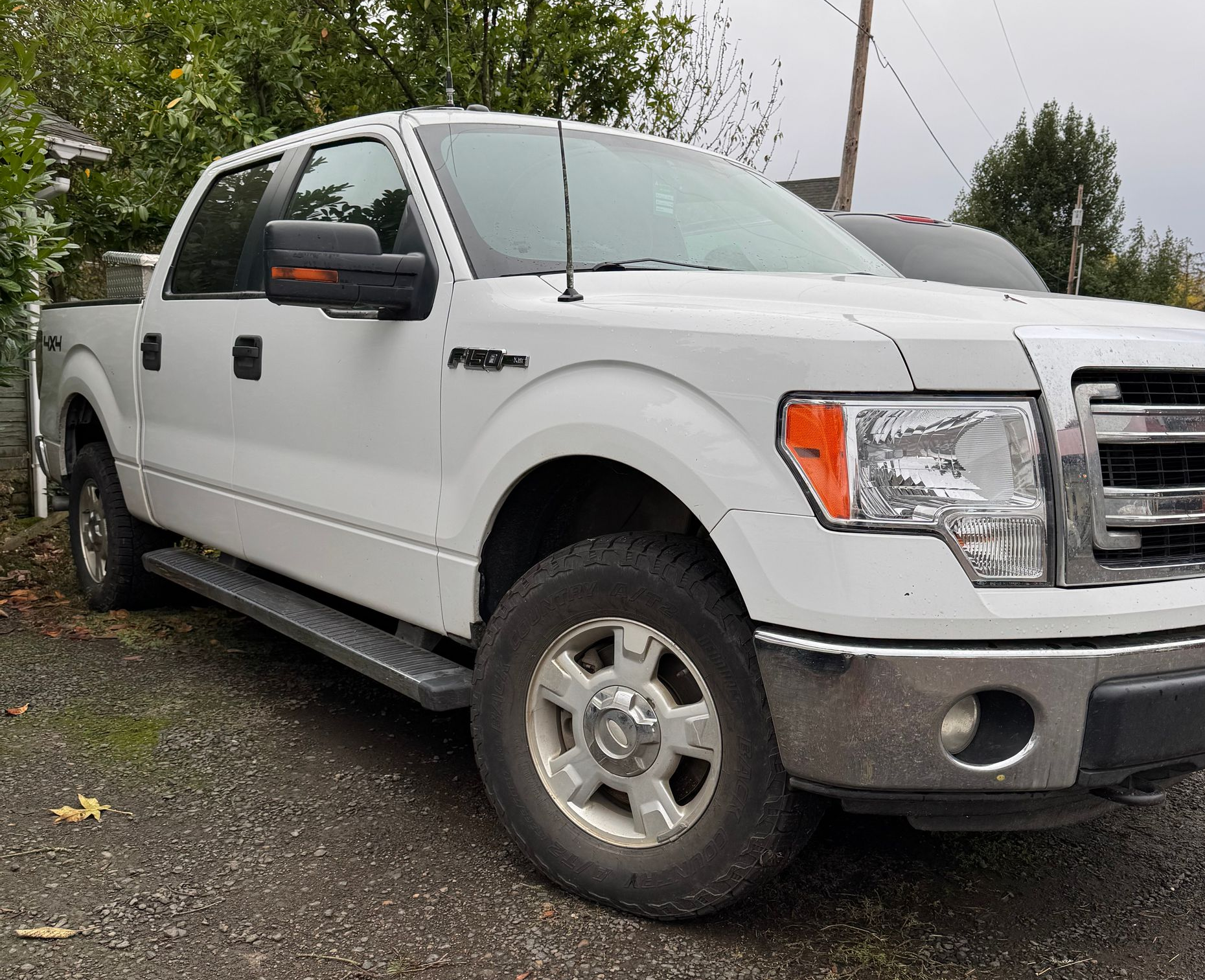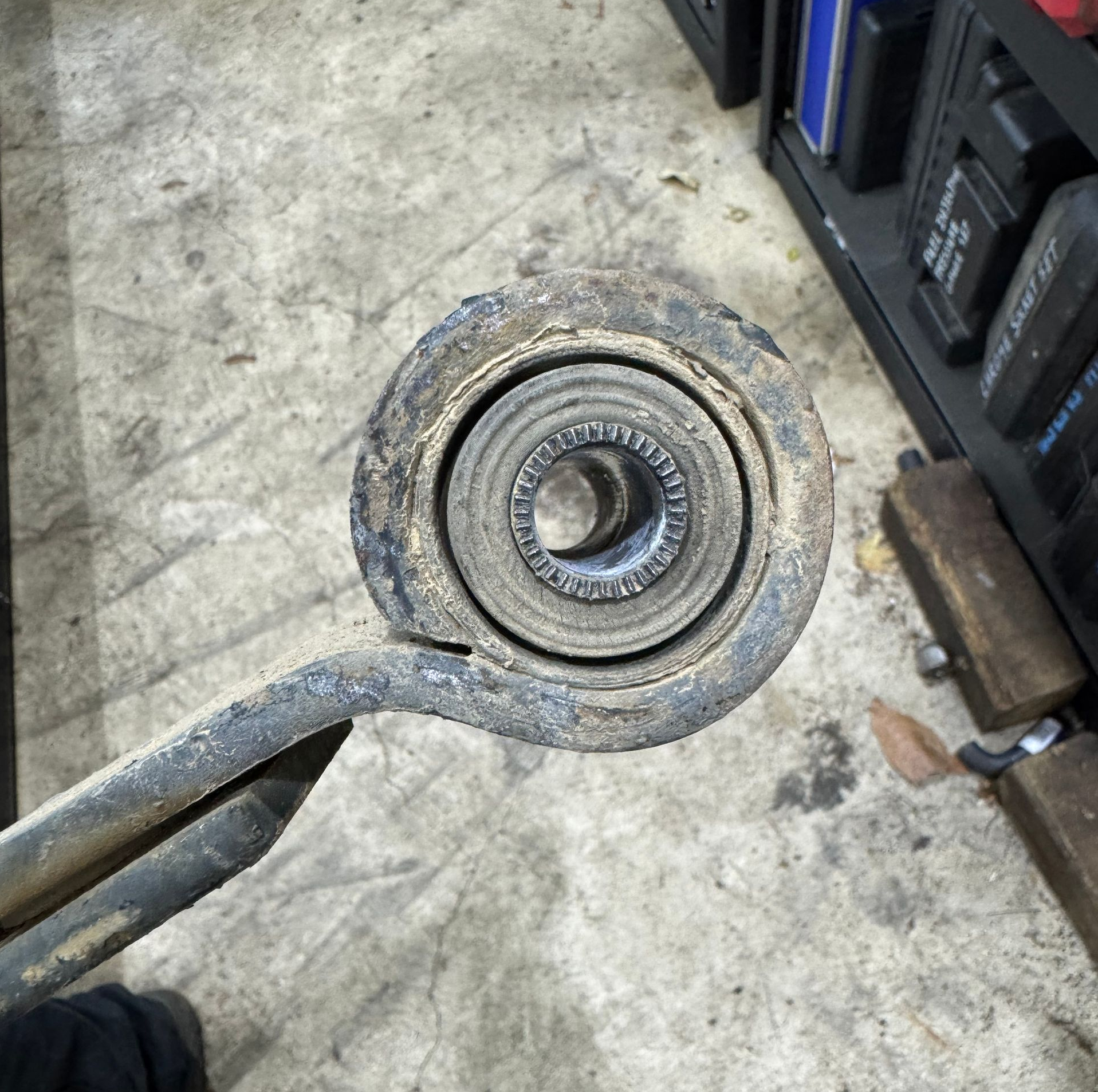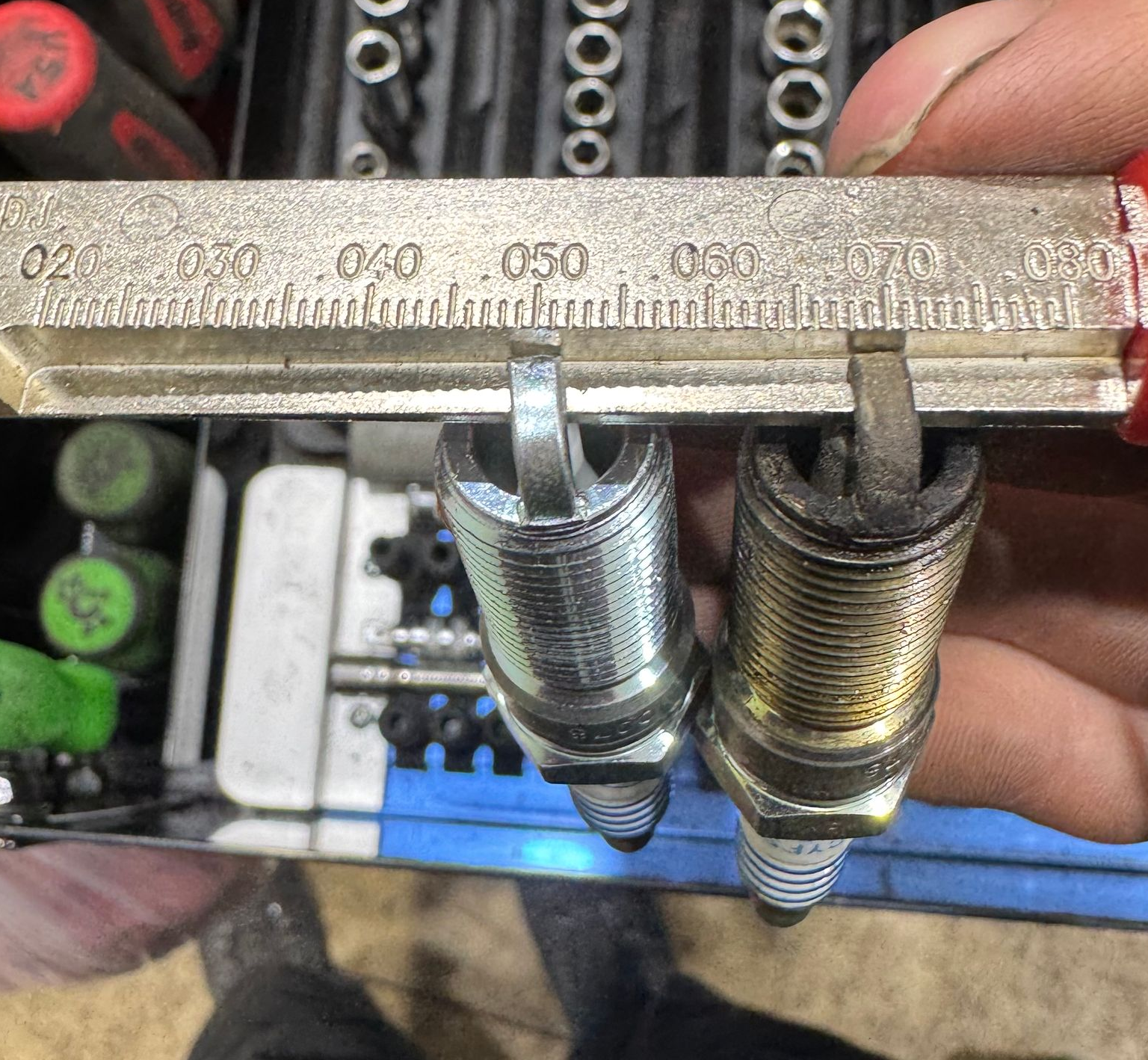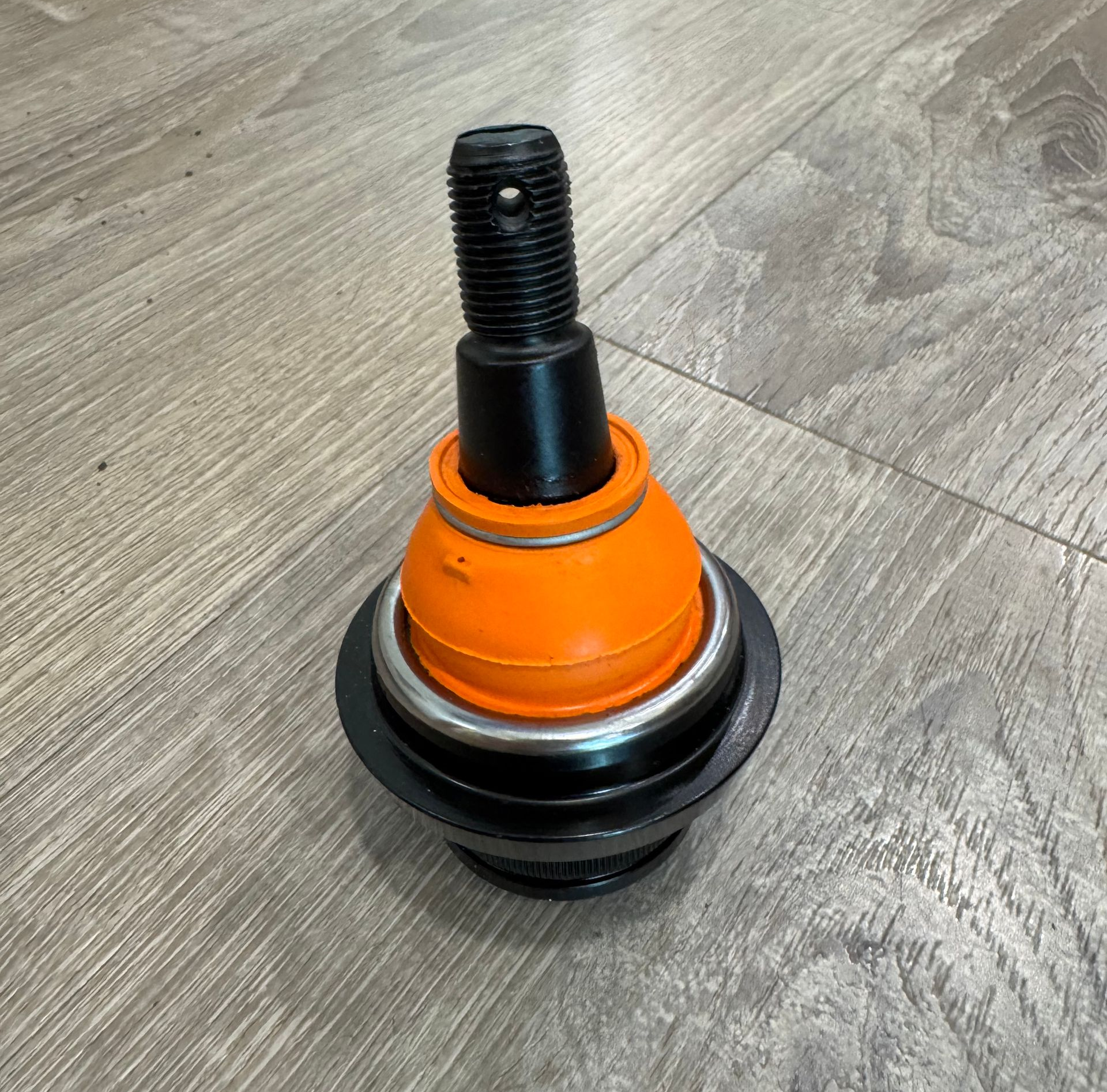What's a Turbocharger Actuator?

Imagine your car's engine as a superhero. A turbocharger is like a sidekick, boosting its power. But how does the turbocharger know when to boost? That's where the turbocharger actuator comes in. It's like a tiny, powerful controller that tells the turbocharger when to work harder or take a break.
Why Do Actuators Fail?
Just like any other part of your car, turbocharger actuators can wear out over time. Here are some common reasons why they might fail:
- Heat and Pressure: Turbochargers get really hot and experience high pressure. Over time, this can weaken the actuator's materials.
- Carbon Buildup: Carbon can build up on the actuator's moving parts, making it harder for them to move smoothly. This can cause the actuator to stick or fail.
- Mechanical Wear: Like any moving part, the actuator's gears and other components can wear out from constant use.
- Electrical Issues: Some actuators are controlled by electrical signals. If there's a problem with the electrical wiring or the control module, the actuator may not work correctly.
- Manufacturing Defects: Sometimes, a turbocharger actuator can fail due to a manufacturing defect.
What Happens When an Actuator Fails?
If your turbocharger actuator fails, your car's performance will suffer. You might notice:
- Loss of Power: Your car won't accelerate as quickly.
- Poor Fuel Economy: The engine won't be as efficient.
- Check Engine Light: Your car's computer might detect a problem and turn on the check engine light.
Give us a call and let us take care of you.
Happy Adventures,
Heather
Our specials can be found here - Specials - J & H Automotive, Inc
Ready to make an appointment … Appointments - J & H Automotive, Inc
Want to know more … About Us - J & H Automotive, Inc
Would you like to join our merry band of misfits? Careers - J & H Automotive, Inc
Want to know more…
https://www.facebook.com/JHAutomotiveInc
https://www.pinterest.com/jhautoinc

